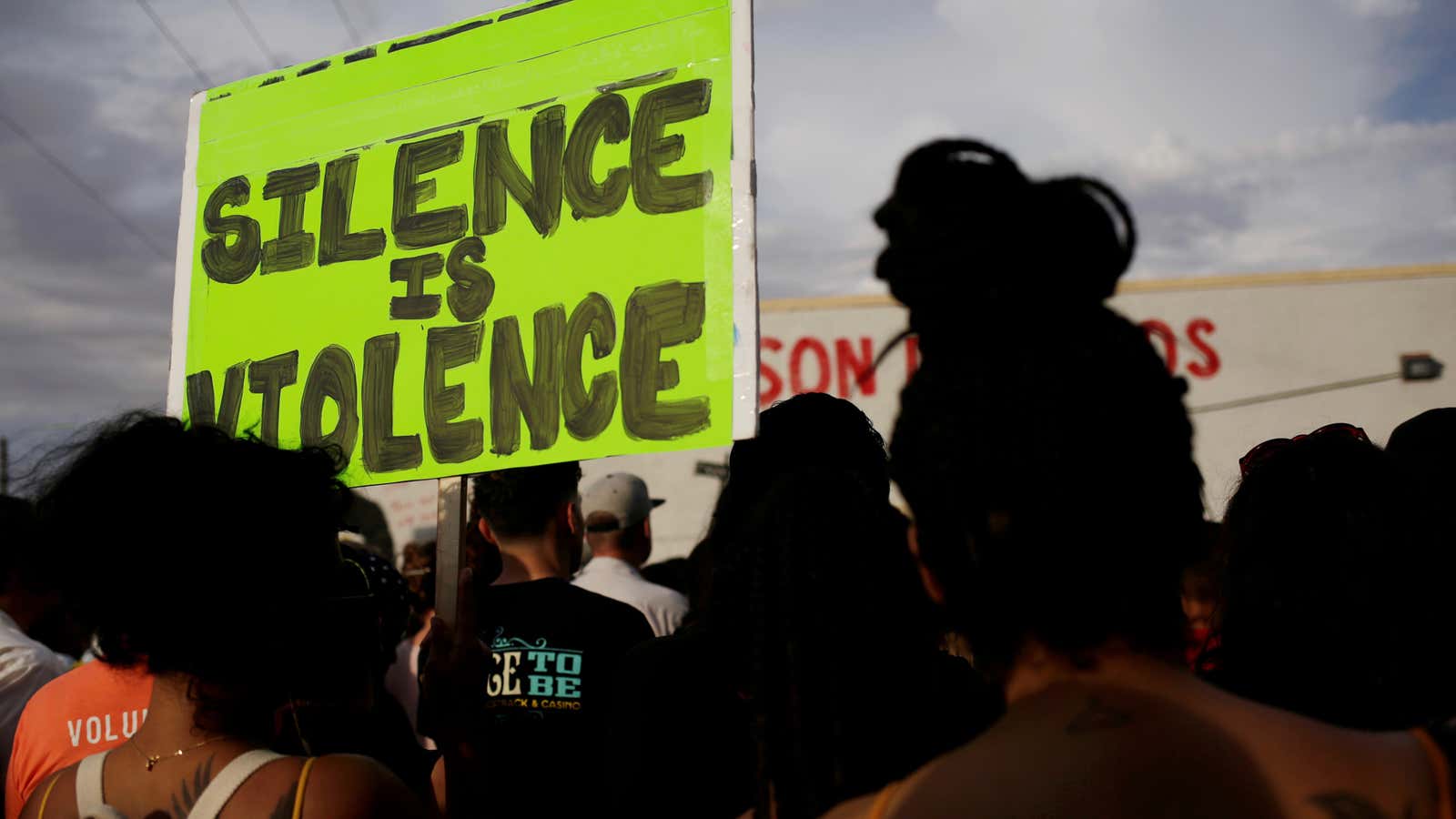On Aug. 3, a 21-year-old gunman—identified as Patrick Crusius from a Dallas, Texas suburb—killed at least 20 people and left 26 others wounded at a Walmart in El Paso, a city on the border with Mexico. Six Mexican nationals were killed in the attack, which was thought to be motivated by anti-Hispanic sentiment based on a manifesto police believe Crusius posted online right before the shooting.
This prompted Mexican authorities to announce they would take “legal action.” Mexican foreign minister Marcelo Ebrard said in a statement the day after the shooting that the attack was “an act of terrorism against the Mexican-American community and Mexican nationals in the United States.” He said that Mexico could try to extradite Crusius—who El Paso police managed to arrest—and will investigate the gunmakers whose weapons were involved in the attack.
But extraditing the American shooter to Mexico for crimes committed in the US is not a simple process, or necessarily one that will meet with success. Extradition allows one nation to formally surrender an individual to another for prosecution for crimes committed in the requesting country’s jurisdiction, typically enabled by a treaty.
The US and Mexico have had an extradition treaty in place since 1862, which was renewed in 1978. However, that treaty doesn’t require either nation to extradite its own citizens. Given that American authorities will also want to prosecute Crusius and that he is American, it seems highly unlikely that they will turn the shooter over to Mexicans wishing to do the same for crimes committed on US soil.
The Department of Justice (DOJ) rule on foreign extradition outlines the process countries go through to obtain custody of a fugitive generally. First, the foreign embassy makes a request to the State Department or DOJ, depending on their specific treaty, and the US authorities review and forward the request to the DOJ’s Office of International Affairs (OIA). If the OIA deems the request “sufficient and appropriate” it forwards it to the US Attorney’s Office in the district where the fugitive is located.
A US Attorney is then assigned to the case and appears in court in support of the request for extradition, with the prosecutor representing the US in fulfilling its obligations under the extradition treaty. There are fewer legal protections in an extradition hearing than in other criminal proceedings, as neither the Federal Rules of Evidence nor the Federal Rules of Criminal Procedure apply to the extradition hearing. A judge determines whether the fugitive is extraditable and, if so, certifies the extradition and sends the record to the Secretary of State, who ultimately decides whether to surrender the individual.
Certification of extradition following the hearing is not appealable, but the fugitive may petition for a writ of habeas corpus, and a district court’s decision on the writ of habeas corpus is subject to appeal. A court may order an extradition stayed. Otherwise, the Secretary of State makes the final determination on the surrender warrant, and the OIA notifies the foreign government that its request has been granted or denied. The OIA then arranges for the transfer of the fugitive to the custody of the agents of the country requesting extradition when applicable.
As the Council on Foreign Relations notes, the US has extradition treaties with about 100 countries, but “even with treaties in place, extraditions are often contentious and sometimes become embroiled in geopolitical friction.” Mexico and the United States quarreled over extraditions for many years, with Mexicans refusing all extradition requests between 1978 and 1996. In the late 1980s, American bounty hunters abducted a Mexican physician suspected of aiding in the torture and murder of a US drug enforcement agent. “The episode poisoned extradition cooperation between the two countries for several years,” the Council on Foreign Relations explains.
According to a Fordham Law Review article on US-Mexico extraditions, authorities from both nations later became increasingly cooperative. Still, given that Crusius is an American, that his crimes were committed in the US, and that local authorities will also want to prosecute him, any Mexican extradition request, while perhaps being viewed sympathetically, is not likely to lead to the defendant’s removal if Mexico follows through on its expressed intent.
